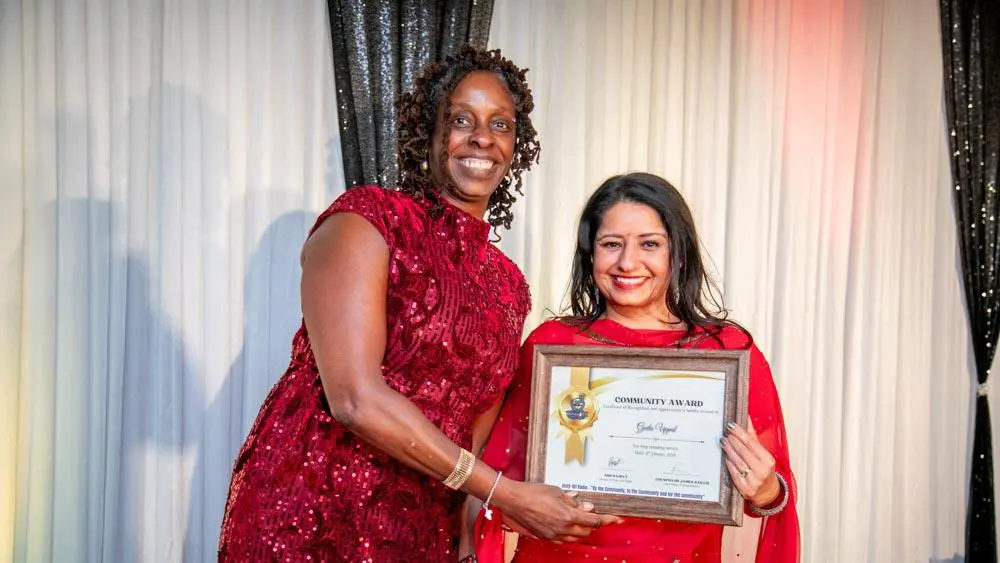
Students support Winchester runners
Solent students were on hand to offer sports therapy support to runners in the Winchester 10k
24 February 2026
Solent students were on hand to offer sports therapy support to runners in the Winchester 10k
24 February 2026
Former student James Cannon returned to Solent to talk to current students about his career journey
18 February 2026
Dr Mark Aldridge is set to share his world-leading research aboard the iconic Golden Eagle Danube Express.
17 February 2026
Sport Excellence Programme athlete, Alex Murphy, has started the year in winning fashion
13 February 2026
Solent is supporting the creation of apprenticeships in Hampshire
12 February 2026
As we celebrate National Apprenticeship Week, we highlight our growing portfolio of online higher and degree apprenticeships
5 February 2026
Sports Excellence Programme students have been benefiting from Turing funding support
3 February 2026
Belle Fletcher has been shortlisted for the Graduate Fashion Foundation x Liberty design competition.
2 February 2026
Solent Kestrels have taken home the NBL National Cup for the third time.
28 January 2026
Southampton Solent University's latest academic insight sees Lecturer in Psychology, Dr Shakiba Moghadam talk The Traitors.
23 January 2026
Talented technical instructor crafts striking metal rose for royal SMART centre launch.
22 January 2026
Experience life as a student at Solent at one of our on-campus or virtual undergraduate, postgraduate or maritime open days.
Find out more
Southampton Solent University's academics in sport and psychology share their tips on reaching your exercise goals in 2026.
21 January 2026
Ahead of the European Futsal Championship, Solent's partnership with England Futsal is paying off
21 January 2026
Theatre for Life launched the tour of their brand new show at Southampton Solent University in January.
19 January 2026
Solent staff member celebrated for their work in the local community
16 January 2026